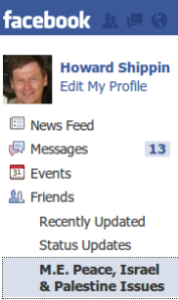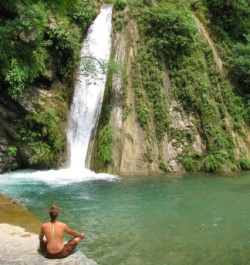Saturday was a quiet day. Windows closed. Quiet hum of the A/C. So many days of our lives pass dimly, without attention having been paid to them. We are busy doing stuff, but if you ask us in what exactly we have been engaged the following day, there’s no telling. And now I was just reading in Tinker Creek,
“What I call innocence is the spirit’s unself-conscious state at any moment of pure devotion to any object. It is at once a receptiveness and total concentration. … I’ll bear with me to my grave those pure moments at the Tate (was it the Tate?) where I stood planted, open-mouthed, born, before that one particular canvas, that river, up to my neck, gasping, lost, receding into watercolor depth and depth to the vanishing point, buoyant, awed, and had to be literally hauled away. These are our few live seasons. Let us live them as purely as we can, in the present.”
The TV is blaring in the background, in the evening’s sticky heat. Multiple distractions, those that are borne in from the environment reverberating with the internal noise. And with all this I am trying to focus on what Annie Dillard has said.
The problem is that she is describing (here) a state of absorption. The only quiet that most of us know is when our consciousness is absorbed in something. Afterwards, we emerge from our absorption as if from a great absence, from a spell of time that has been subtracted from our lives. If the experience was powerful, it may survive in memory as a shadow of what was and we may hanker after it.
But the secret, the real trick, is to be fully present without being either absorbed or distracted. No one needs to haul us away. The noise of the TV does not prevent us from being silent.
Along the river bank in Rishikesh, on the Swargashram side, are saddhus’ cottages. Plying the path that passes by them are cows, tourists, pilgrims and young guys on motorbikes – who violently honk their horns at all the rest.
Noise is ever present. We can shut it out by self-absorption or we can give up on meditation and stay with the noise. Neither is a good option, because being truly alive means to be alert to all levels of being. Such alertness is not subtracted from our lives like half-forgotten dreams.

 CNN has an article entitled
CNN has an article entitled 

 With Facebook accounting for
With Facebook accounting for 